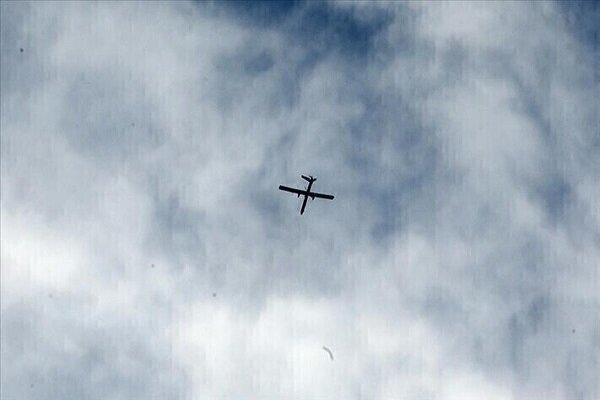Rising Tensions: Israeli Strikes in Southern Lebanon
In recent days, the volatile situation in southern Lebanon has escalated dramatically, leading to tragic consequences. A report from Lebanon’s National News Agency (NNA) confirmed the death of at least one person following an Israeli missile strike on the town of Deir Kifa, situated in the Tyre district. This event underscores a disturbing trend of violence and ongoing military confrontations in the region.
The Impact on Deir Kifa
The attack on Deir Kifa serves as a painful reminder of the enduring conflict that plagues Lebanon, particularly in its southern territories. Residents of this town, known for its rich cultural heritage and agricultural landscapes, now find themselves grappling with the repercussions of military aggression. Such strikes not only inflict physical damage but also exacerbate the psychological trauma experienced by local communities.
Routine Violations and a Fragile Ceasefire
The frequency of these attacks highlights a broader issue—Israel’s apparent disregard for ceasefire agreements. Reports indicate that attacks on southern Lebanon have become alarmingly routine, with multiple violations occurring daily. This pattern raises critical questions about the effectiveness of international efforts to foster peace and stability in this region. The continuing hostilities suggest a precarious balance, challenging the resilience of existing treaties and diplomatic frameworks.
Recent Destruction in Al-Musileh
A noteworthy incident preceding the strike on Deir Kifa involved a significant Israeli attack on the Al-Musileh area. Here, more than 300 pieces of road construction equipment were destroyed, including vital machinery such as bulldozers and excavators. The targeted destruction not only disrupts local infrastructure projects but also cripples economic opportunities and development within affected communities. This level of destruction reflects a tactical approach that prioritizes military objectives over humanitarian considerations.
Socioeconomic Fallout
The implications of such military actions extend far beyond immediate casualties or damages. The socioeconomic landscape of southern Lebanon is severely affected, with local businesses and livelihoods at risk. The destruction of construction equipment represents a loss of jobs and resources, further entrenching poverty and instability in the region. For communities that have already endured years of conflict, these strikes serve as another blow in a long history of hardship.
The Broader Regional Context
The situation in southern Lebanon is intertwined with a complex web of regional dynamics, including the ongoing Israeli-Palestinian conflict and tensions with Hezbollah. As each event unfolds, the potential for escalation remains high. The involvement of Hezbollah, known for its opposition to Israeli military actions, complicates matters further. Any retaliation or response could spiral into larger-scale confrontations, drawing in external powers and resulting in broader regional instability.
The Human Cost of Conflict
Ultimately, behind the statistics and reports lie real people—families, children, and communities grappling with the horrors of conflict. The toll taken by military strikes is felt acutely by those who simply wish to live peacefully. As areas like Deir Kifa are caught in the crossfire, the urgent need for a sustainable and long-lasting resolution becomes even more apparent.
In a climate marked by fear and uncertainty, the hope for dialogue and peace seems to wane. The international community’s role in mediating these tensions and advocating for the protection of civilians becomes increasingly vital as the situation continues to unfold. As we watch these events, it is essential to remember the humanity at the center of this crisis and strive for a future where peace prevails over conflict.

